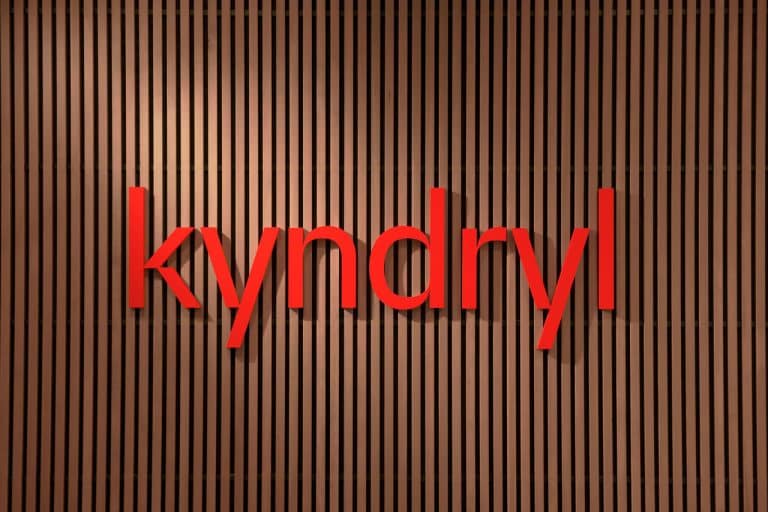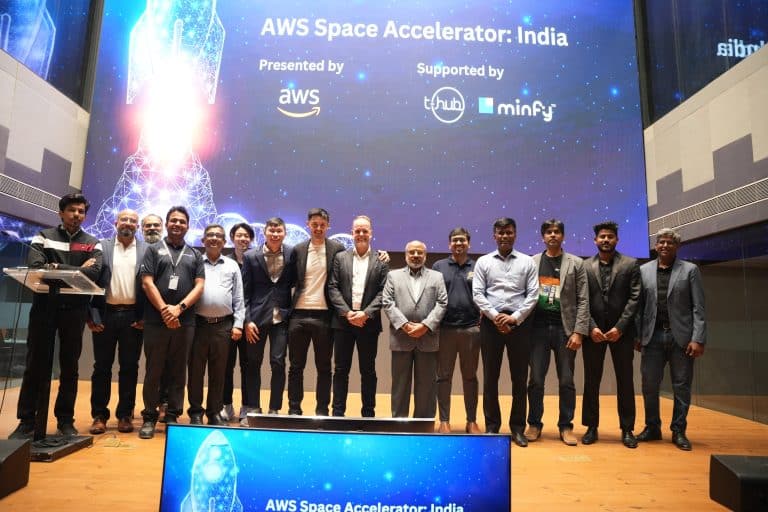Recently, the developers at Amazon Web Services (AWS) announced the general availability of Amazon Kendra, an enterprise search service that is powered by ML and deep learning techniques. This service uses AI and machine learning to enable organisations to mark all the internal data sources while making it searchable and allowing users to get precise answers to natural language queries.
Searching for particular information within an organisation often ends up with very little positive response. With the silos of data, organisations often struggle while implementing any internal search. Even with standard web-based search tools that are widely available in the market, organisations often find difficulties in internal searches as available tools do not perform a fair job while indexing across existing data silos. This is because these tools do not provide natural language queries, as well as can not deliver accurate results.
This is where Amazon Kendra comes into play. It reinvents the enterprise search by allowing end-users to search across multiple silos of data using real questions by leveraging AI and ML techniques under the hood in order to understand the content and relationships between the various documents, thereby delivering precise answers to the end-users.
In a post, Swami Sivasubramanian, Vice President, Amazon Machine Learning, Amazon Web Services stated that whenever a user asks a question in Amazon Kendra, the service uses finely tuned ML and deep learning algorithms to understand the context and then provide the most relevant answers or documents.
Amazon Kendra is now generally available
— What’s New on AWS (@awswhatsnew) May 11, 2020
Amazon Kendra is now generally available to all AWS customers, with exciting new feature additions. Amazon Kendra provides customers with a highly accurate and easy to use enterprise search service powered b… https://t.co/TEC98Ig170
In this article, let’s take a deep dive and discuss what this cognitive service means and what functionalities it performs.
Amazon Kendra
Amazon Kendra is an easy to use enterprise search service powered by machine learning techniques. The service delivers natural language search capabilities to the websites and applications in order to search for information in a quick and easy manner.
The features of this service include
- Natural language & keyword support: In this service, the ability to understand natural language questions is at the core of its search engine. Thus, the end-users have the ability to search for general keywords as well as more specific natural language questions.
- Reading comprehension & FAQ matching: This service can extract specific answers from unstructured data without the need for pre-training.
- Document ranking: To complement the extracted answers, this cognitive service uses a deep learning-based semantic search model to return a ranked list of relevant documents.
- Relevance tuning: This service allows you to tune for specific data sources or document freshness.
- Domain optimisation: Amazon Kendra uses deep learning techniques to understand natural language queries and document content, including the structures for a wide range of internal use cases like HR, operations, support, and R&D.
How It Works
In the above figure, the upper half in green colour depicts the three main response types from Kendra that includes matching to FAQs, reading comprehension to extract suggested answers, and document ranking. And, the lower grey part includes under-the-hood features of Kendra that are relevance tuning and incremental learning.
Benefits of Kendra
The key benefits of using Amazon Kendra are mentioned below:
- Use of Natural Language Questions: With Amazon Kendra, you can now use natural language questions instead of just simple keywords to get the answers. Natural language enables you to get more specific answers from anywhere in your data.
- Bringing Data Together: This service helps you to add content from file systems, SharePoint, intranet sites, file-sharing services, and other such, into a centralised location. All you need to do is create an index, add the data sources and finally, test and deploy.
- Improvised Search Results: With Kendra, your search results will get better over time. This is because the machine learning algorithms learn which result proves to be the most valuable to the users. You can also have the option to fine-tune results by manually adjusting the importance of certain data sources or document freshness.
Wrapping Up
The e-commerce giant launched this cognitive search service last year during the Amazon Web Services (AWS) re:Invent 2019 in Las Vegas. Furthermore, the developers at AWS are working on some of the new features of Kendra that include incremental learning, query auto-completion, analytics and other ongoing improvements.


















































































